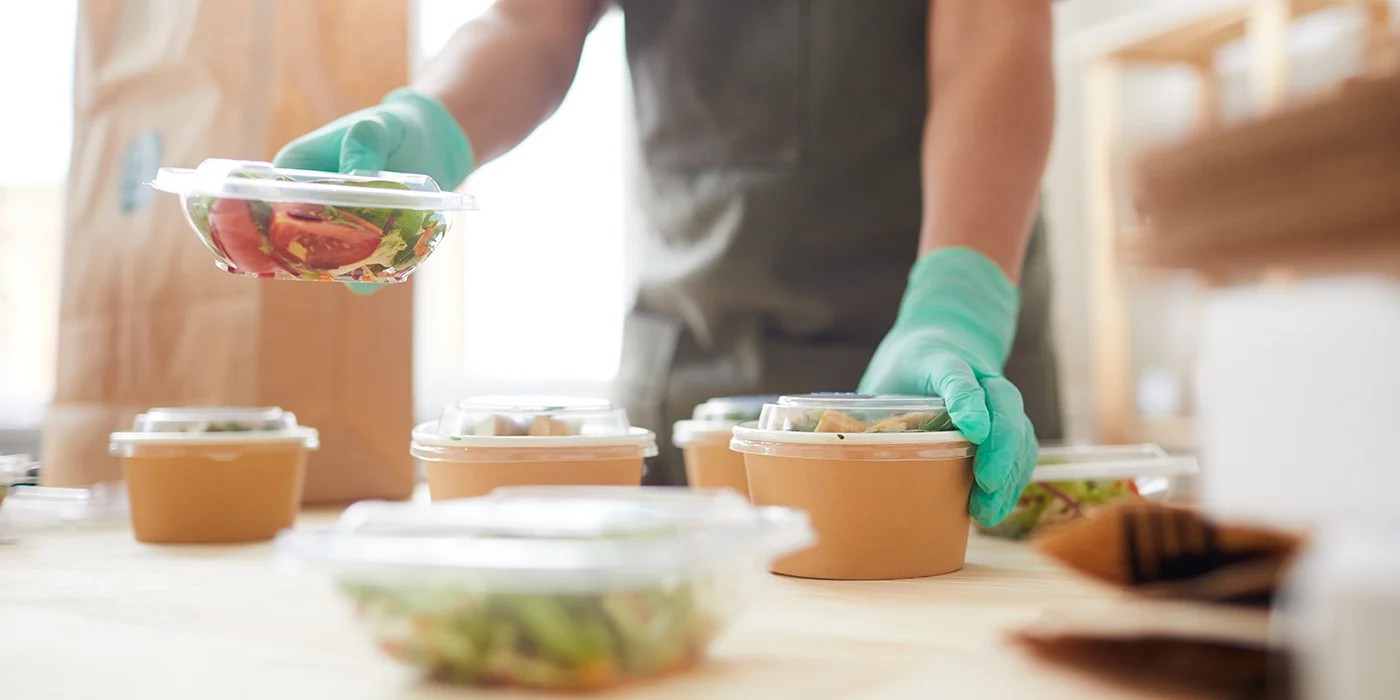Eco-Friendly Foodservice Equipment: A Wholesale Perspective

The growing focus on sustainability has transformed the foodservice industry, driving the demand for eco-friendly equipment. Restaurants and foodservice operators are now prioritizing tools that minimize environmental impact, reduce energy costs, and meet consumer expectations for greener practices. From a wholesale perspective, eco-friendly foodservice equipment is not just a trend but a long-term necessity. Here’s a closer look at why this shift matters and how businesses can benefit from it.
1. Energy Efficiency: A Win-Win Solution
Energy-efficient equipment is at the heart of eco-friendly foodservice practices. Appliances such as Energy Star-certified ovens, refrigerators, and dishwashers consume less electricity and water, significantly lowering utility bills. For wholesalers, stocking energy-efficient models has become essential to meet the rising demand.
By investing in energy-saving equipment, businesses can enjoy long-term cost savings while reducing their carbon footprint. Wholesale suppliers Foodservice Equipment by Twothousand provide a wide range of Foodservice Equipment designed with energy efficiency in mind, helping operators achieve sustainability goals without compromising performance.
2. Durability and Reduced Waste
Eco-friendly equipment is often built for durability, ensuring it lasts longer and generates less waste. This aligns with the principles of sustainability by reducing the frequency of replacements and minimizing discarded materials. For businesses, durable equipment translates to a better return on investment (ROI) and fewer disruptions due to breakdowns.
Wholesalers who prioritize high-quality, long-lasting products not only support sustainability efforts but also strengthen their reputation among environmentally conscious buyers.
3. Recyclable and Sustainable Materials
Modern eco-friendly foodservice equipment often incorporates recyclable or sustainably sourced materials. Stainless steel, for instance, is a popular choice for its recyclability and durability. Equipment made from such materials helps reduce the environmental impact of manufacturing and disposal processes.
When sourcing wholesale equipment, businesses should inquire about the materials used and prioritize suppliers committed to sustainable practices.
4. Water Conservation Features
Water-efficient equipment, such as low-flow faucets and dishwashers, plays a crucial role in reducing water usage in foodservice operations. These features not only contribute to environmental conservation but also lower water bills, making them a smart investment for restaurants.
Wholesale suppliers offering water-saving equipment can attract environmentally conscious buyers while promoting responsible resource usage.
5. Meeting Consumer Expectations
Today’s consumers are increasingly drawn to businesses that demonstrate a commitment to sustainability. Restaurants equipped with eco-friendly tools and appliances can appeal to this growing demographic, enhancing their brand image and customer loyalty.
By partnering with reputable suppliers like Twothousand, businesses can access a diverse range of sustainable Foodservice Equipment to align with their eco-friendly initiatives and meet customer expectations.
Conclusion
Eco-friendly foodservice equipment is no longer optional; it’s a vital component of modern foodservice operations. From energy efficiency and water conservation to durable designs and recyclable materials, sustainable equipment offers numerous benefits for businesses and the environment alike.
Wholesalers like Twothousand are leading the charge, providing innovative and eco-conscious solutions to help foodservice operators thrive in a greener future. Investing in sustainable Foodservice Equipment not only supports the planet but also ensures long-term cost savings and customer satisfaction.




